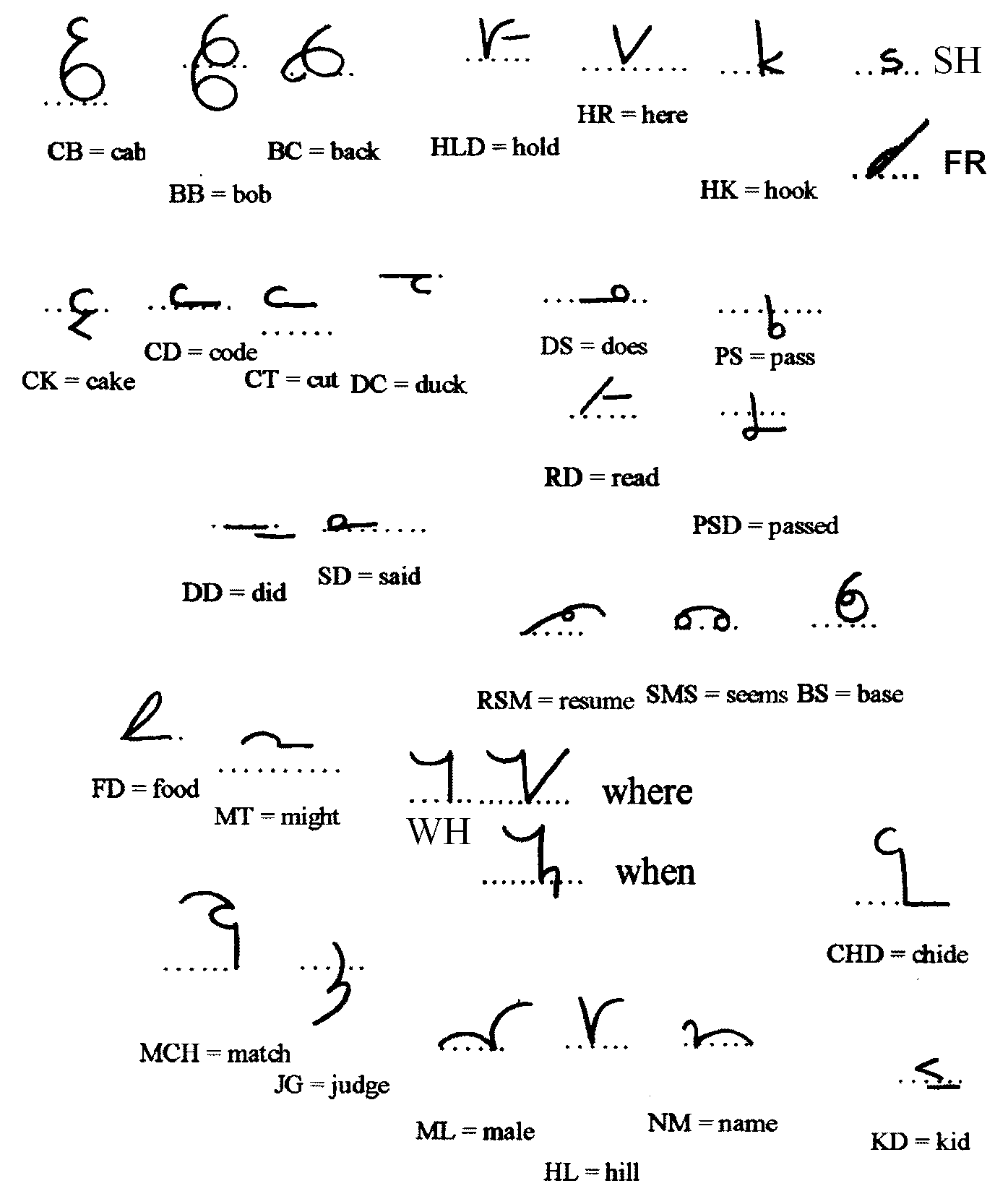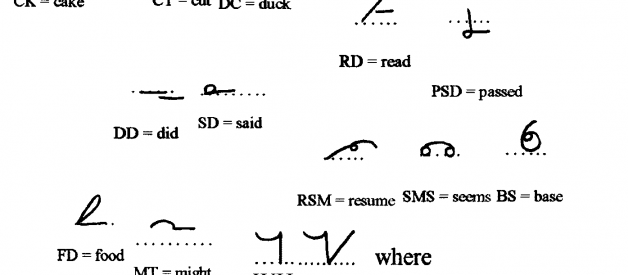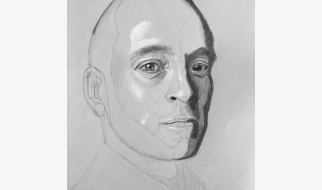
When I was young my mum had an evening job, teaching secretarial skills at night school. In those days the skills of shorthand and typing were in demand in the workplace. Most professionals (who were mostly male) would have a secretary (who would be female.) Men didn?t type their own letters, they would dictate them out loud for their secretary to type up. They would either dictate them onto a dictaphone, for an audio typist to type up, or their secretary would take down the words in shorthand to type up later. Word processors were primitive ? if you needed several copies of a letter then it had to be typed several times by copy typists in the typing pool.
Nowadays most people can type at a reasonable speed, many women hold professional and managerial jobs, and most people type their own letters. In some professions (such as law) dictation is still used, but instead of having a secretary taking down your words in shorthand, and having to pay her, most firms use a service where you dictate audio onto your computer and it whizzes off to somewhere where labour is cheaper, such as the Indian subcontinent. The letter is typed up halfway across the world, and may be printed off and sent from anther location entirely. As voice recognition improves (Google Assistant can understand even my flat northern vowels) even this may become obsolete. So why am I re-learning shorthand?
I say re-learning because my mum did attempt to teach me as a girl. Shorthand was compulsory in the school she attended in the sixties, but wasn?t even an option at mine. Vocational courses for my peers centered on childcare and the hospitality industry, secretarial skills were already on the wane. My mum never expected me to become a secretary, I was always aiming for university. Probably I nagged her to teach me this strange writing which looked like a super secret spy code.
At school Mum had learned Pitman, which once mastered is incredibly fast. It is a phoentic shorthand and requires some strokes to be heavier than others. Mum had to go to a shop in Leeds to buy a special shorthand fountain pen nib. Nowadays most Pitman writers use a pencil, although a good fountain pen for Pitman is still a coveted object. In her professional life, however, my mum used Teeline. Teeline was invented 1968 (while my mum was a hip teenager) by James, Hill, a Pitman teacher. It requires no special pen and has an easier learning curve. It is the shorthand taught to British journalists (Americans learn Gregg), who are expected to achieve 100 words per minute. If you listen to a dictation at 100 words per minute you will hear it is much slower than normal speech, but someone giving a speech to a room full of people would not sound odd speaking at that speed (and perhaps that is why orators speak in that manner, because any faster and the journalists might miss some important word, like the ?not? of ?not guilty?.)
It was a couple of comments that got me back to learning Teeline. Two separate people looked at me taking handwritten notes and said ?Oh, I didn?t know you knew shorthand.? My handwriting is pretty appalling, I struggle to read it back sometimes. So even at the start I wasn?t going to lose much in readability. Another reason was at work I do often need to take long handwritten notes of what someone has said. Not verbatim, but writing quickly is a bonus. And the ?secret code? aspect is also a reason. My notes at work should be confidential. In my previous job I had an issue where a colleague had a nose through my personal notebook and found something sarcastic I?d written about her. She was understandably annoyed. I learned that not everyone holds a closed notebook sacrosanct. Shorthand isn?t a replacement for confidentiality (I now shred my handwritten notes, whether long or shorthand, at the end of each day) but it does offer some privacy against the casual reader. But most of all it was, like German, something I used to know and had forgotten, and I thought that was a shame.
I began to learn again by buying the same book my mum taught me from ? Teeline Revised Edition by I.C. Hill and Ms Meriel Bowers second hand from Amazon. I also enrolled on a course on http://www.teelinelessons.co.uk for dictations and worksheets. I try and use shorthand as much as I can at work. I?m still very slow, but getting better each time I try.
As a writer, most of the time I type my first draft direct from the imagination to the laptop. My fingers can easily keep up with the slow pace of my brain. In fact sometimes they get bored as I?m sat reaching for a word. However I have discovered the benefits of writing longhand first. A bit of paper that I?m going to shred, or my Rocketbook notepad which wipes clean, seems less permanent than the screen (even though I can delete the words on the screen at a keystroke.) Writing with a pen is freeing, because I can?t go back and correct things I have to get on with it. Writing in shorthand has several advantages. Most likely it?s going to be gobbledygook to anyone looking over my shoulder, so I don?t feel self-conscious about writing in public. As with longhand, I edit as I type up, so my first draft miraculously becomes a second draft. And in those rare occasions when my brain gets ahead of my fingers (usually writing dialogue, which always flows quicker for me than anything else) I can keep up ? as long as my characters speak to me at a sensible number of words per minute.
Do you use any traditional secretarial or seemingly obsolete workplace skills in your workflows? Tell me in the comments!


